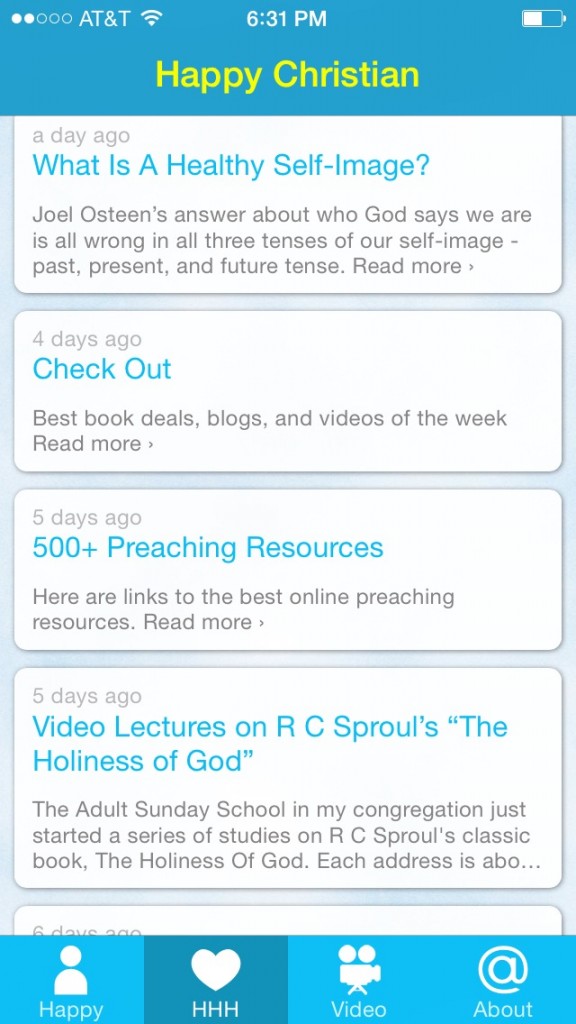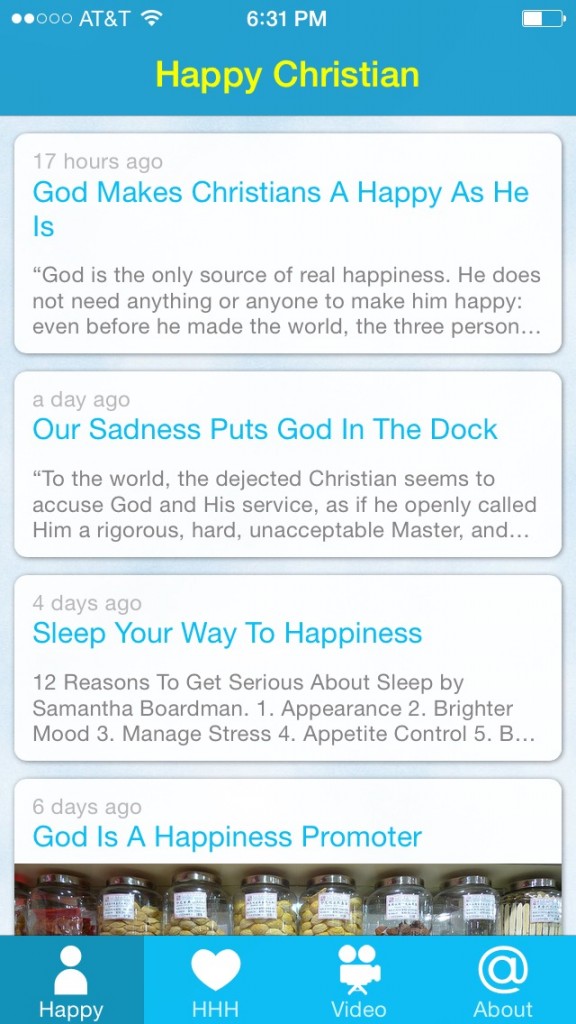Given the dozens of books about guidance on the market, it’s obvious that knowing God’s will is a huge concern for most Christians. But how? How can we know God’s will for us? Here’s a selection of questions that might be used not only to help someone discover what God wants them to do, but also train them to make good decisions in the future as well.
1. What is your dilemma? What are your struggling with?
2. Is this something that God’s Word clearly prohibits or commands? Or is this a subject that requires wisdom and discernment in applying the general principles of God’s Word to a specific situation?
3. What general Scriptural principles or examples are relevant to this question?
4. How would you describe your general spiritual state or condition? Close to God, distant from God, or somewhere in between?
5. What is your overall motive and aim in your life?
6. Are there any areas of sin or folly in your life that may be hindering you from knowing and doing God’s will?
7. How have you made decisions before? How did they turn out? What did you learn from that?
8. On this issue, what have you done to find out God’s will already and what do you yet plan to do?
9. Have you ever tried using a fleece (Josh. 18:6, 8, 10)? Or casting lots? Or any other superstitious methods?
10. What options are you considering and what are the pros and cons of each?
11. Is there any way of reducing the options?
12. Which option do you prefer and why?
13. Have you prioritized the factors that are influencing this decision?
14. Have you already made a decision in your heart?
15. What are you looking for that will help you to know what to do?
16. Are you looking for particular feelings, or a voice from heaven, or some other indicator to guide you?
17. How often have you prayed about this and what are you praying for?
18. What motives and desires can you detect that are influencing your decision-making?
19. What are you afraid of happening as a result of your decision?
20. Is there any fear of man or desire for someone’s favor that’s impacting you in this?
21. Who have you consulted and what did they say?
22. Are you completely willing to do God’s will whatever it may be?
23. What doors are you seeing that are opening or closing?
24. Which option will draw you closer to God and help you glorify God most?
25. Which option will best develop your gifts and talents?
26. How will this decision impact your family, your church, your employer, others in your life? What other consequences can you foresee?
27. How long have you been thinking and praying about this?
28. How soon do you have to make a decision?
29. Is there a command you can obey while you wait? Are you doing your duty today? Are you living in the light God has given you while you wait for Him to give you more?
30. What indicators of God’s providence have you discerned?
Any other questions that you would add?
 Over the last few months I’ve been developing an App to accompany my book,
Over the last few months I’ve been developing an App to accompany my book, 
 Video
Video